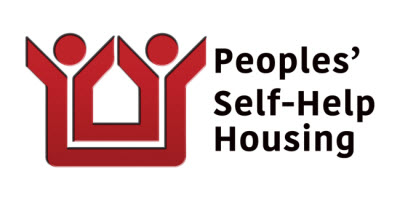 ATASCADERO — On Saturday, May 20, a group of volunteers, job trainees, community leaders, and residents will install no-cost rooftop solar panel systems on six homes of the Peoples’ Self Help Housing Atascadero Triangle neighborhood as part of the Solarthon Block Party.
ATASCADERO — On Saturday, May 20, a group of volunteers, job trainees, community leaders, and residents will install no-cost rooftop solar panel systems on six homes of the Peoples’ Self Help Housing Atascadero Triangle neighborhood as part of the Solarthon Block Party.
These systems will save home owners more than $255,000 in electricity bills over the solar system’s life time and prevent 520 tons of greenhouse gas emissions. Volunteer groups for this event include Sunrun, NRG, SnapNrack, REC Solar, and Rabobank.
“We’re thrilled to be able to offer solar energy to self-help owner builder households residing at the Atascadero Triangle development,” said John Fowler, PSHH President and CEO. “Not only will this help home owners save money, we’re also pleased to reduce greenhouse gas emissions into our environment as part of our commitment to the Central Coast.”
This event is part of the statewide “SuperSolarthon,” where 19 homes in San Diego, Sacramento, and the Central Coast region will have solar systems installed on the same day. This collaborated effort will be made by over 300 volunteers and job trainees, saving the recipients nearly $625,000 in electricity costs over the systems’ lifetimes.
About PSHH: Founded in 1970, PSHH is an award winning non-profit organization that develops affordable housing and community facilities for low-income households and homeownership opportunities for working families and special needs populations, such as seniors, veterans, the disabled, and the formerly homeless. With nearly 1,200 self-help homes completed and nearly 1,800 rental units developed, PSHH is the largest affordable housing developer on the Central Coast, with offices in San Luis Obispo and Santa Barbara. For more information on Peoples’ Self-Help Housing, visit www.pshhc.org, email communications@pshhc.org or phone (805) 781-3088.
About GRID Alternatives: GRID Alternatives is America’s largest nonprofit solar installer, bringing clean energy technology and job training to underserved communities through a network of community partners and philanthropic supporters. GRID has installed nearly 8,500 solar electric systems for low-income families and affordable housing providers with a combined installed capacity of more than 30.7 megawatts, saving more than $280 million in lifetime electricity costs, preventing more than 740,000 tons of greenhouse gas emissions, and providing nearly 32,000 people with solar training. GRID has eleven regional offices and affiliates serving California, Colorado, the Mid-Atlantic, the New York tri-state area, Tribal communities nationwide, Nicaragua and Nepal. For more information, visit www.gridalternatives.org
